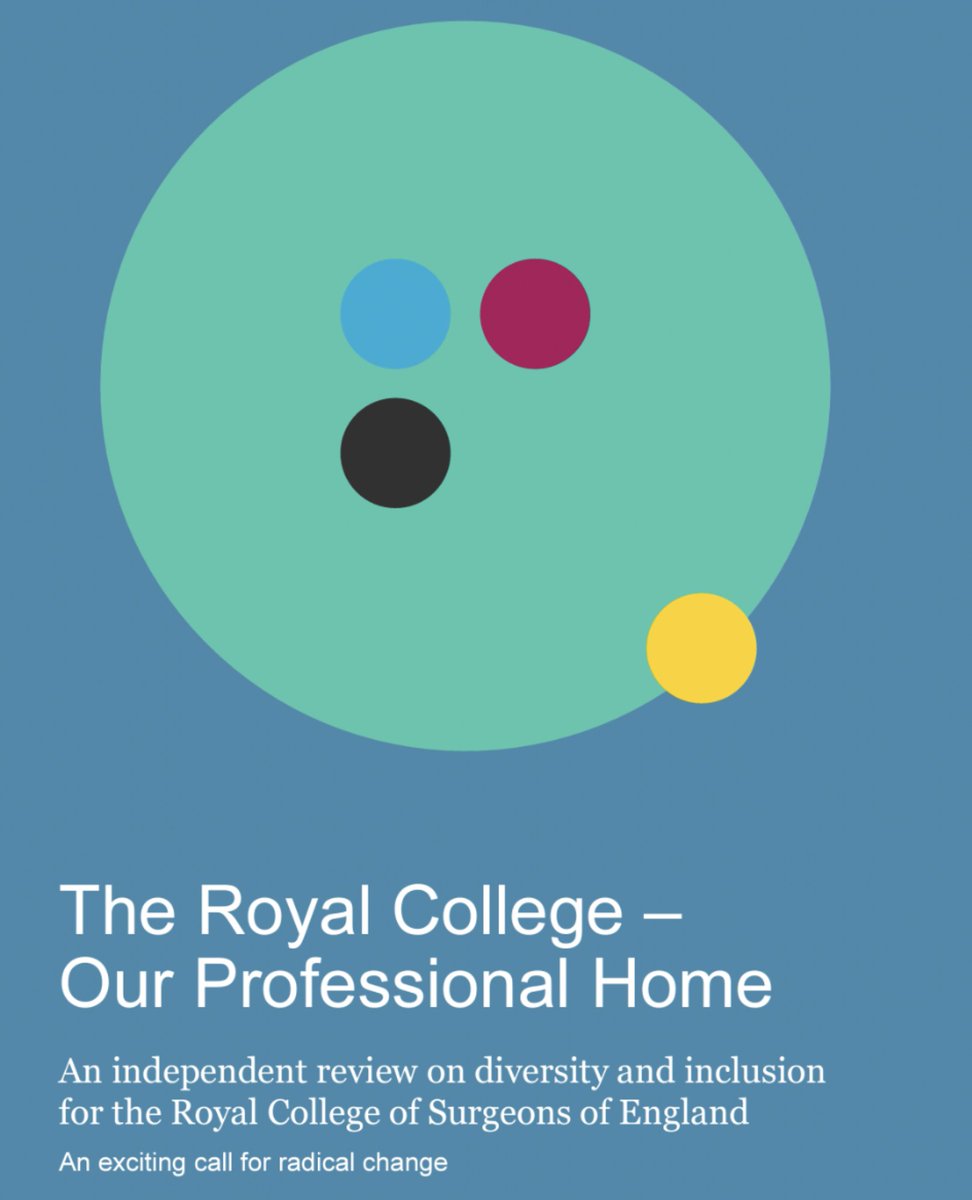At the start of #LGBT+ History Month, we'd like to share the story of a woman doctor who fought for the inclusion of women in medicine, but hid the details of her personal life and her relationship with a woman.
CW: male violence, suicide.
#LGBTplusHM
CW: male violence, suicide.
#LGBTplusHM

Born in Hastings, Sophia Jex-Blake was refused medical education in England and travelled to the US, only to be refused entry to Harvard. The death of her father forced her to return home before she was able to enrol at Elizabeth Blackwell's new medical college in New York.
She applied to Edinburgh University Medical School, who refused to make arrangements "in the interest of one woman". So she applied with six other women and won admission for the "Edinburgh 7". Edinburgh thus became the first British university to admit women, in 1869. 

Things weren't plain sailing though. The women were threatened, stalked, harrassed and assaulted. Things culminated in a full-blown riot in November 1870, when a mob of over 200 men tried to block them from the anatomy exam at the Surgeons' Hall.
"We saw a dense mob filling up the road, sufficient to stop all the traffic for an hour. We walked up to the gates, which remained open until we came within a yard of them, when they were slammed in our faces by a number of young men." Despite this the Edinburgh 7 sat their exam. 

Sadly, powerful men on the medical faculty convinced the university to refuse the Edinburgh 7 their graduation and withdrew their degrees. However, their efforts contributed to the 1876 Medical Act which allowed British medical institutions to give licenses regardless of gender. 

Jex-Blake helped found the London School of Medicine (now part of UCL Medical School) with Blackwell and Garrett-Anderson. She finally earned her medical degree in 1877 and became the third registered woman doctor in the country, and the first to practice in Edinburgh. 

Dr Jex-Blake's family disapproved, and wished her to marry. Jex-Blake wrote she would require such qualities in a man that she'd be unlikely to meet such a paragon that would marry her. Passages from her diary also detail her great love for the social reformer Octavia Hill.
Jex-Blake eventually settled down with Dr Margaret Todd, a medic and writer famous for coining the term 'isotope'. They lived together for 13 years until Jex-Blake's death in 1912. Todd published Jex-Blake's biography in 1918, but made no mention of their relationship at all. 

It's thanks to Todd that we know so much of Jex-Blake's social reform work, but so little of their personal lives. Todd reportedly burned both women's personal papers on Jex-Blake's instruction, and is thought to have taken her own life shortly after the biography was published.
Jex-Blake and her peers made significant progress in changing social norms, but at that time relationships between women could still not be openly discussed. Todd's efforts to erase their relationship from history reflect upon this sad fact.
Sophia Jex-Blake is commemorated on a plaque at Edinburgh University, and another plaque at the Surgeons' Hall commemorates the riots. The university awarded her a posthumous honorary MBChB in July 2019. 



One more tweet, to illuminate the effect Jex-Blake had on Todd. In the preface of her biography, Todd states that "there are several reasons why it has seemed worth while to write the life of Sophia Jex-Blake at some length." The last is rather sweet. 

• • •
Missing some Tweet in this thread? You can try to
force a refresh







